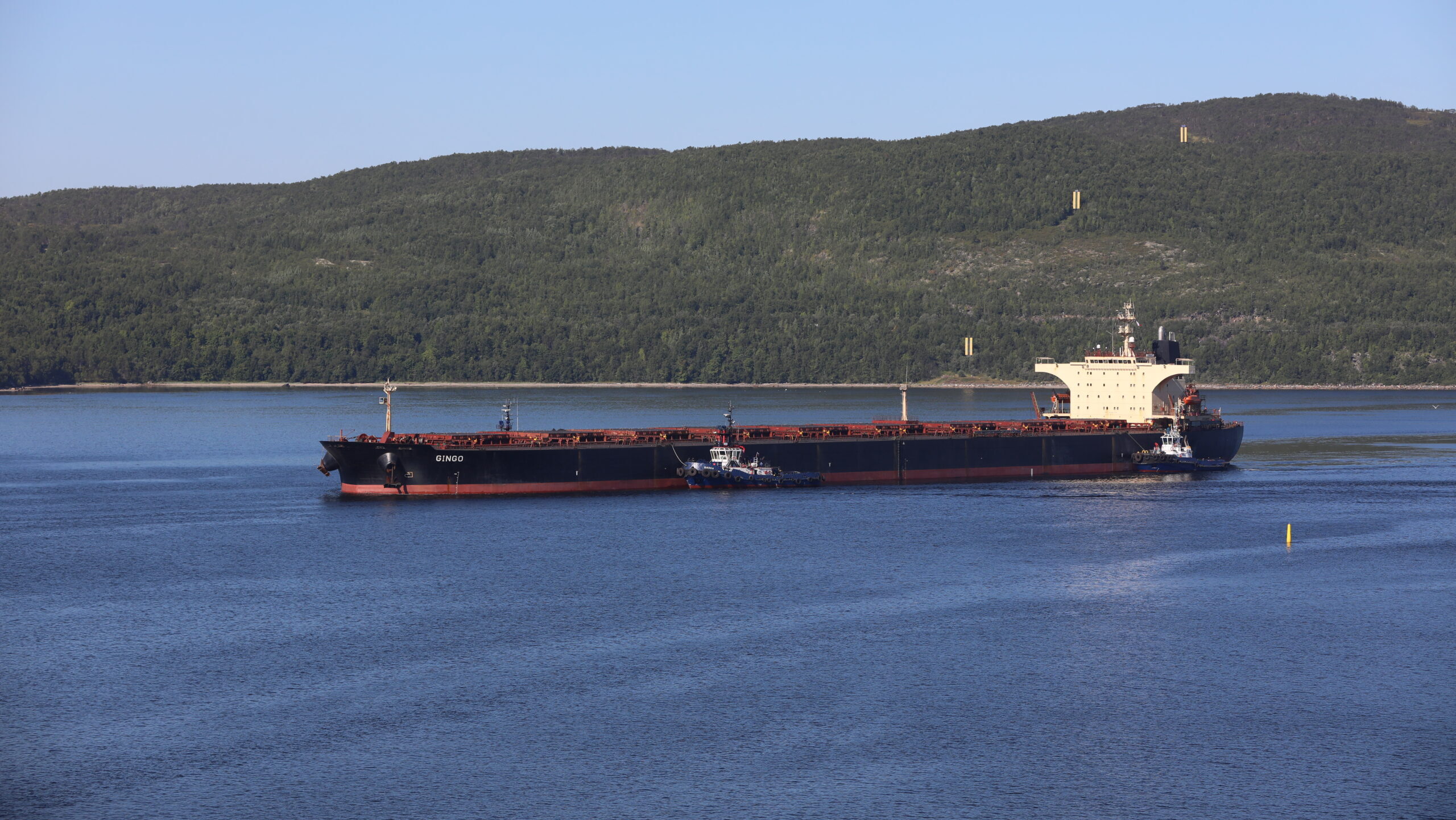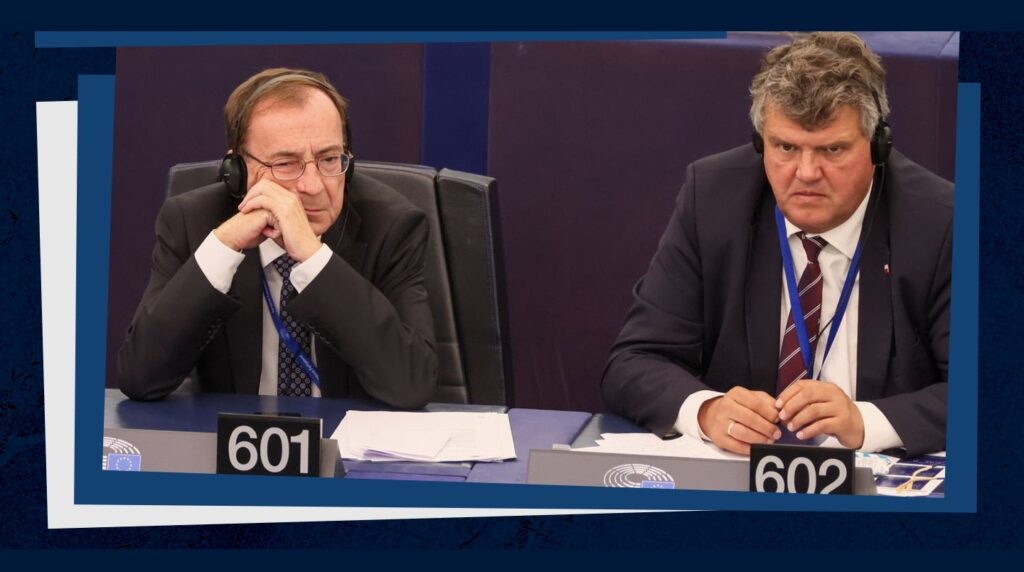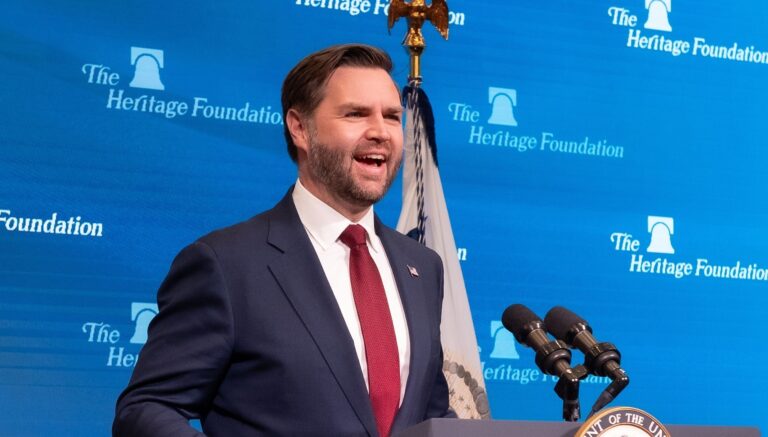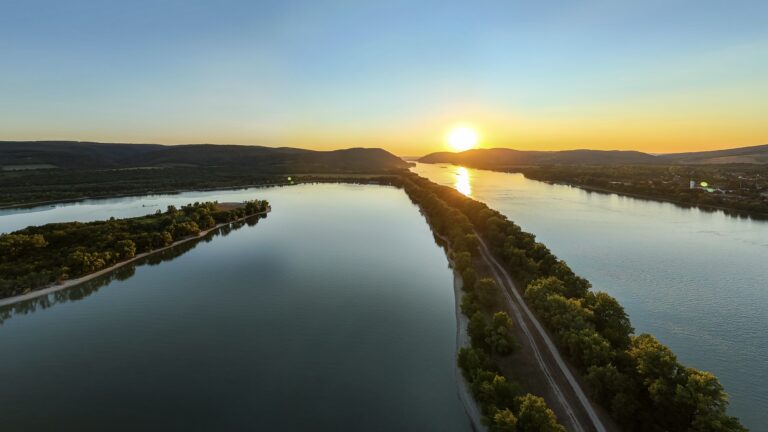With the support of Russia’s Rosatom, a scientific expedition to the Arctic is underway, involving young participants from Russia as well as students from 14 other countries, including one from Hungary.
The project, known as the ‘Icebreaker of Knowledge,’ aims to promote science and nuclear energy technologies, identify and support talented young individuals, develop their skills, and provide career guidance, according to Hungarian business website Világgazdaság. This year, the Icebreaker of Knowledge Arctic expedition is an international endeavour to commemorate the 65th anniversary of Russia’s nuclear icebreaker fleet.
The participants of the expedition will engage in a variety of activities, including scientific lectures, experiments, and master classes. They will also learn about the unique flora and fauna of the Arctic and the infrastructural developments along the Northern Sea Route.
Upon reaching the Pole, the participants will have the honour of flying their countries’ flags.
The nuclear icebreaker, commanded by Captain Ruslan Sasov, is navigating the route from Murmansk to Franz Josef Land and the North Pole. The ship is expected to reach the North Pole on 17 August and return to the port of Murmansk on 22 August.
In addition to Russian students, participants from Bangladesh, Belarus, Cameroon, China, Hungary, India, Kazakhstan, Kyrgyzstan, Mongolia, Armenia, Tunisia, South Africa, and Uzbekistan will also take part in the project. For many of these countries it will be the first time anyone from their nation has reached the North Pole.
Hungary will be represented by a student of the Kőrösi Csoma Sándor Baptist Hungarian–Russian bilingual secondary school
of Budapest, Levente Varga, who will share updates on the expedition’s progress via social media.
Russia is the only country in the world with a fleet of nuclear icebreakers. Since 2018 the infrastructure of the Northern Sea Route has been operated and developed by Rosatom, which has made it one of its priority areas of activity. In 2019, the Russian government approved a plan, developed by Rosatom, for the infrastructure development of the Northern Sea Route by 2035.
Related articles:








